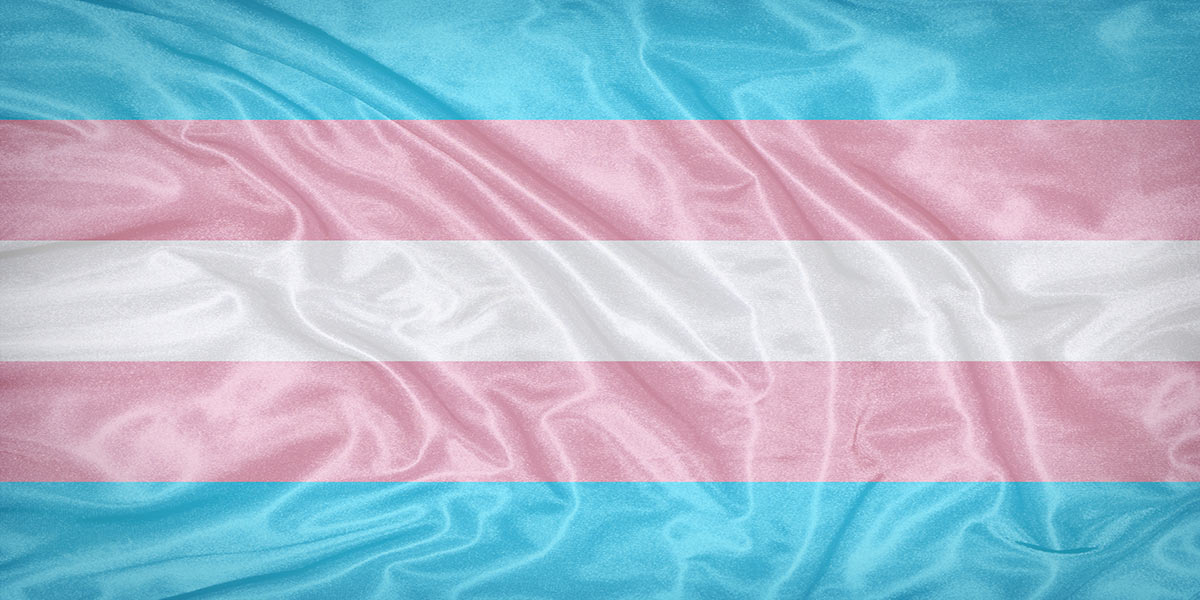Trans rights activists dismayed by UK puberty blockers ruling

LGBTIQ groups have expressed disappointment at a contentious UK High Court ruling that trans children under 16 are not mature enough to decide for themselves to use puberty blockers.
On Tuesday, the court found that these children are simply too young to give informed consent to be prescribed the drugs by doctors.
Puberty blocker medication has been used since the late 1990s as a way for trans children to put on hold the physical changes of puberty, such as periods and facial hair, and to alleviate gender dysphoria.
“There will be enormous difficulties in a child under 16 understanding and weighing up this information and deciding whether to consent to the use of puberty-blocking medication,” the court said.
The case stems from a legal challenge by 23-year-old Keira Bell who argues that she was too young to understand the implications of taking the drugs when she was a teenage patient of the Gender Identity Development Service for Children and Adolescents at the Tavistock and Portman NHS Trust in London.
She later went on to take cross-sex hormones but after undergoing a double mastectomy at the age of 20 she decided that she’d made a mistake. “It was heartbreaking to realise I’d gone down the wrong path,” Bell, who has since detransitioned, told the BBC.
Activists claim, however, that the effects of the drugs are reversible and that their use does not mean that individuals using them are obliged to go on to less-reversible medical interventions such as cross-sex hormones or surgery, which can only be accessed after the age of 18.
As a result of the judgment, trans children under the age of 16 may now have to obtain permission from a court before being prescribed puberty blockers by the UK’s National Health Service.
“We are concerned not only for what this means for the health and well-being of trans young people, but the wider implications this will have on the rights of children and young people of all genders, particularly on consent and bodily autonomy,” said Amnesty International UK and Liberty in a joint statement.
“For many young trans people, or those questioning and exploring their gender identity, puberty blockers allow more time to make important decisions. For those who decide to fully transition, puberty blockers allow them to live in the correct gender as adults much more easily, by avoiding physical changes that are very difficult to reverse.”
The groups added: “Young trans people should not have their access to healthcare restricted simply because they are trans.”
One trans teenager tweeted that their appointment to receive puberty blockers had been cancelled in the wake of the court’s decision.
“My sadness is indescribable,” they wrote. “I struggle to barely function in real life as it is and now I’m uncertain. I don’t think anything has broken me as much as this has…Waiting years to get blockers and then having it be taken away from me like this has been a gut-wrenching experience so far.”
LGBTQ organisation Stonewall warned that the ruling “sets a dangerous precedent not just for the rights of trans young people, but for all young people” and said that it disagreed that trans young people cannot understand the implications of treatment.”
It continued: “This news is going to be incredibly tough to hear for trans young people and their families, whether or not they are directly affected by it. Many trans young people and their families are being left with unanswered questions about what will happen to the support they need.”
The Tavistock and Portman NHS Trust has applied for permission to appeal the judgment.
“If this judgment is upheld on appeal, this ruling is likely to significantly extend the wait trans young people already face when seeking specialist support – and risks adding enormous strain to our already overstretched courts and mental health services,” said Stonewall.
I’m not trans but I don’t think this is unreasonable. This is life altering. Informed consent is paramount.